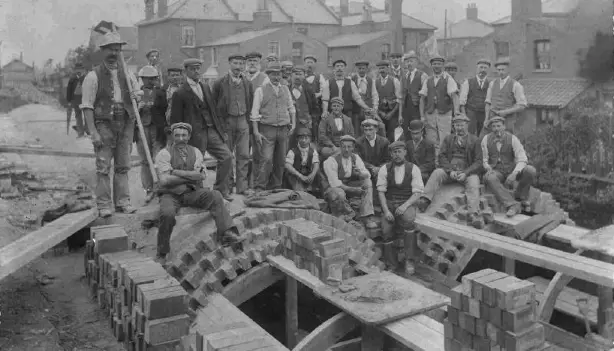The Great Stink of London 1858
In the summer of 1858, London faced a sanitary crisis called the Great Stink. The city had a massive sewage problem, with the River Thames being the main source of pollution. Raw human waste filled the riverbanks, creating a severe odour that disrupted daily life. This stench was so overpowering that it even halted sessions at the Houses of Parliament. The stink sparked widespread fear of disease, as the miasma theory at the time linked bad odours to illness. The government faced a significant issue that wasn’t going away anytime soon. A crisis was declared, and urgent action was needed. London and the Thames required a major upgrade and an effective sewage solution.
The outdated sewers, which emptied directly into the Thames, could not handle the city’s rapid growth and industrialization. The Great Stink crisis underscored the urgent need for a modern sewage system, leading to significant reforms in urban sanitation.
Joseph Bazalgette Transformed London’s Sewer Network

In response to the The Great Stink crisis, Joseph Bazalgette proposed a comprehensive sewer network to carry waste away from London. Government approval was fast and decisive. Resulting in construction of the sewer system in early 1859 and continued until 1875. Joseph Bazalgette used Portland cement to build his sewers, which hardened when exposed to water and lasted a long time. This durability is why the tunnels are still in good condition today. The sewer system included pumping stations throughout London create numerous new Embankments. The revolutionary sewage system completely transformed London’s riverfront leaving the great stink part of unwanted Victorian history.
Find more..
Podcast: BBC History on the Great Stink
Melvyn Bragg and guests explore the horrific stink from the River Thames during the scorching summer of 1858 and its impact on Londoners, including those working near the still under construction Houses of Parliament.

Leave a Reply